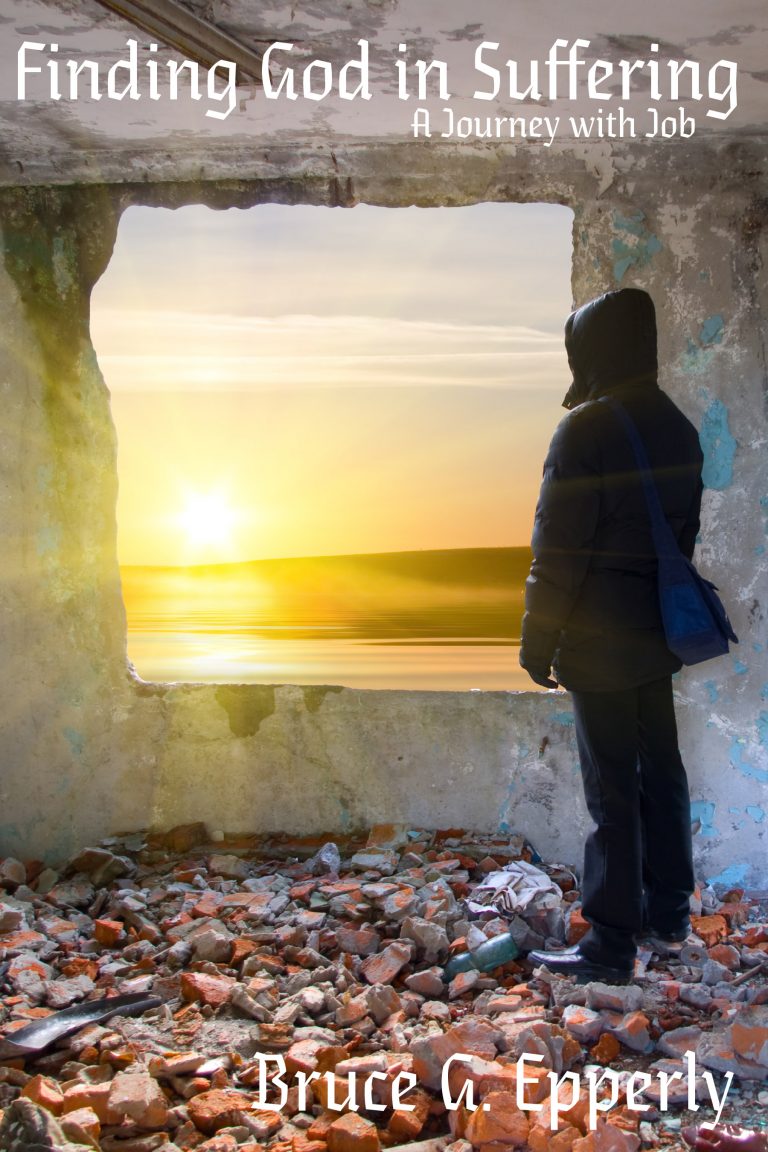Keys to a Church Following Jesus
Before I dig into this series organized around Dave Black’s book Seven Marks of a New Testament Church, I want to make a couple of off-the-cuff remarks.
Over the last few years I’ve come to believe that we have two key elements that need to be changed, but more fundamentally, we keep talking about the church too much differently than we talk about individuals. As individuals, we need to be following Jesus, not just appropriating the label “Christian.” As a church, we need to be following Jesus. Those who are following Jesus will be witnesses. A church following Jesus is a witness.
What do I see as the two key elements?
- Lack of Bible study and reflection. I see this broadly, as in study that leads us closer to God.
- We do not lead lives of prayer. This differs from praying occasionally, or offering pre-written prayers in a church service.
I think that if we were to correct these two elements, others would correct themselves. I need to correct them as well. There are those who commend me on my biblical knowledge and who consider me a man of prayer. (Others, not so much!) But the fact is that I don’t live up to the standards I believe in. While we are, indeed, all imperfect, we can all keep heading in the right direction.
I also think these two elements are much more closely connected than is generally realized. Prayer should be communication, conversation, not a monologue directed at God. Bible study should include the discipline of listening and a constant process of opening one’s self up to what God has for one in scripture.


I wish more Bible study would help cure the problem you reference. However, most Bible study only serves to shore up previously held positions, because they are led by those with the most incentive to preserve them. This is true across the theological spectrum. What is needed, in my view, is more humility in one’s own conclusions, and more tolerance of others’. This, of course, is seen by many as “wishy-washy” liberalism, and accommodating relativism. I see it as a reflection of the human inability to capture absolute truth. Finite beings are incapable of apprehending ultimates. We may come close, but we will always fall short. This is the opening we need to the possibility we might be wrong and can actually learn from others. It falls under your call for reflection combined with Bible study, but only if reflection means being open to other points of view. Until this attitude precedes Bible study, we will only recirculate our own biases as God’s truth for all. God help us!
I would consider that there is a particular type of Bible study that would work. You mention in your comment a number of the characteristics of that sort of Bible study. I hope to write more of this.
There certainly can be an appropriate way to study the Bible in groups. I was commenting on the usual way it’s done. I look forward to your future posts on this.